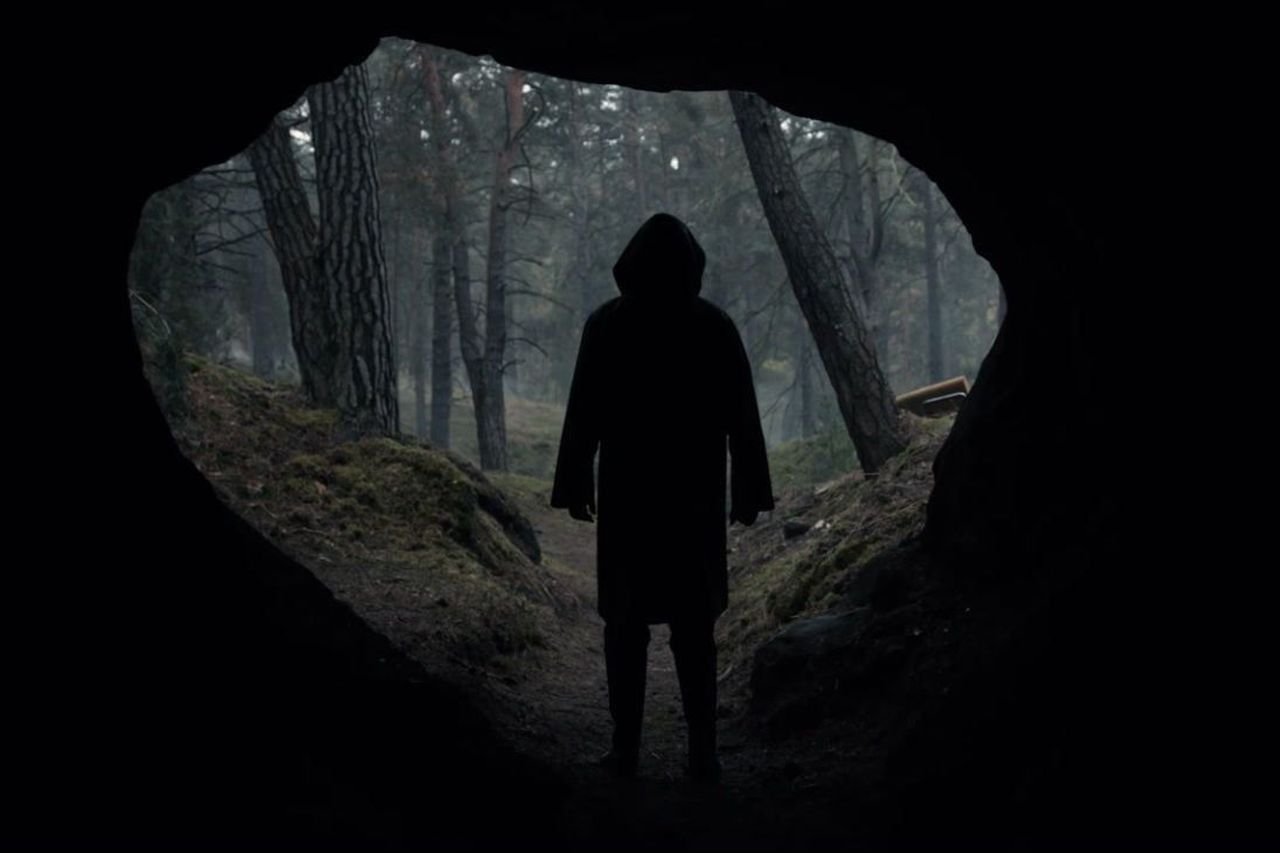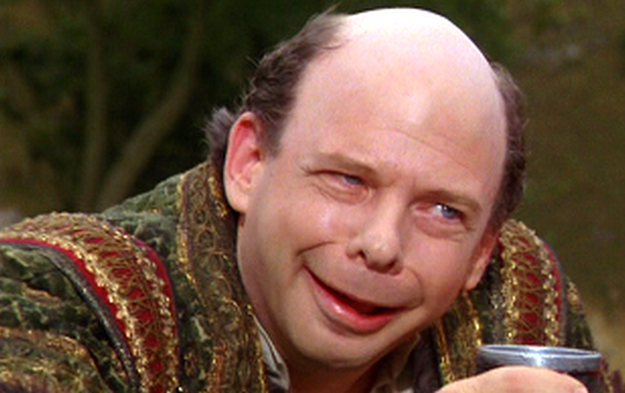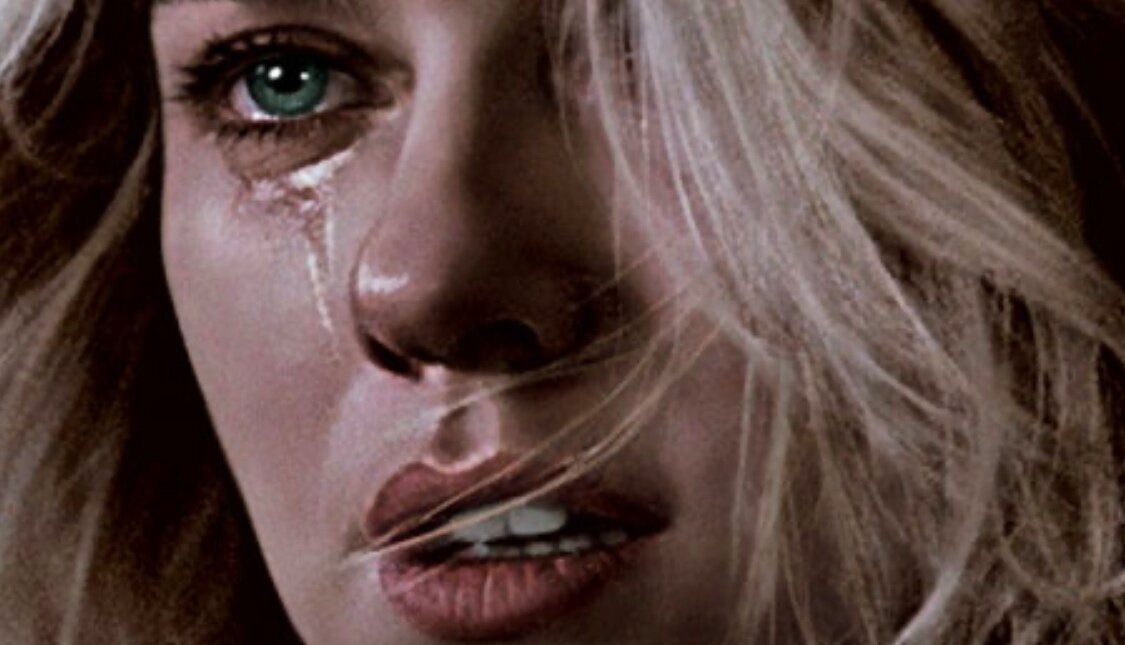Gabriel Boyer
Twin Peaks will forever be my favorite show of all time. It’s weirdness is unprecedented. It sits both at the peak of David Lynch’s career and at this perfect point in history when television was still just trash and when you consumed it, you did with the same relish that you consumed Bagel Bites or Oreo O’s. It was a time when FOX was just getting started with shows like 90210 and Married With Children, when trashiness and disgustingness were hilarious, when Jerry Springer was both a genius and a charlatan, a world of satire and deadpan comedy that will never come again.
But in the sea change that came with the coming decades, new kinds of serialized video content began being produced. There are those shows everyone talks about: The Sopranos, Breaking Bad, Game of Thrones… The first two seasons of both True Detective and Westworld were a revelation. But these were all masterful works of genre, whereas with Dark something new came into the world that for once could rival Twin Peaks with its weirdness.
Dark raises questions of causality and plays with dichotomies like good and evil, but it also manipulates our expectations in an almost mathematical way. What is so mind-meltingly good about it isn’t the dialogue or the characters, but the puzzle of its narratological universe and the way in which this puzzle has been realized. In a streaming universe dominated by sequels and spin-offs, Dark is something of a miracle. It exists in a genre all its own, a genre that is distinct from science fiction, a kind of postmodern realism.
Read More














